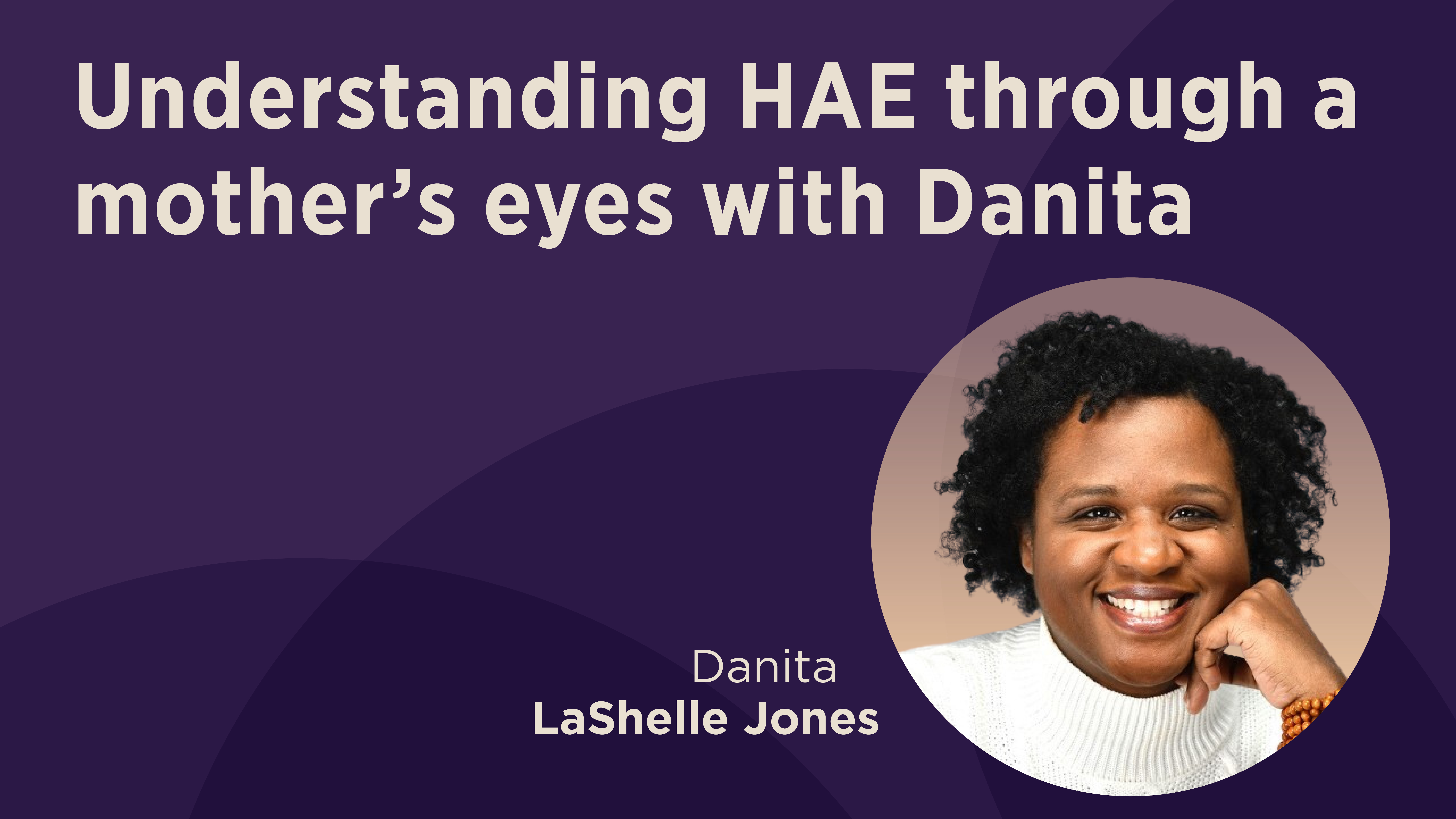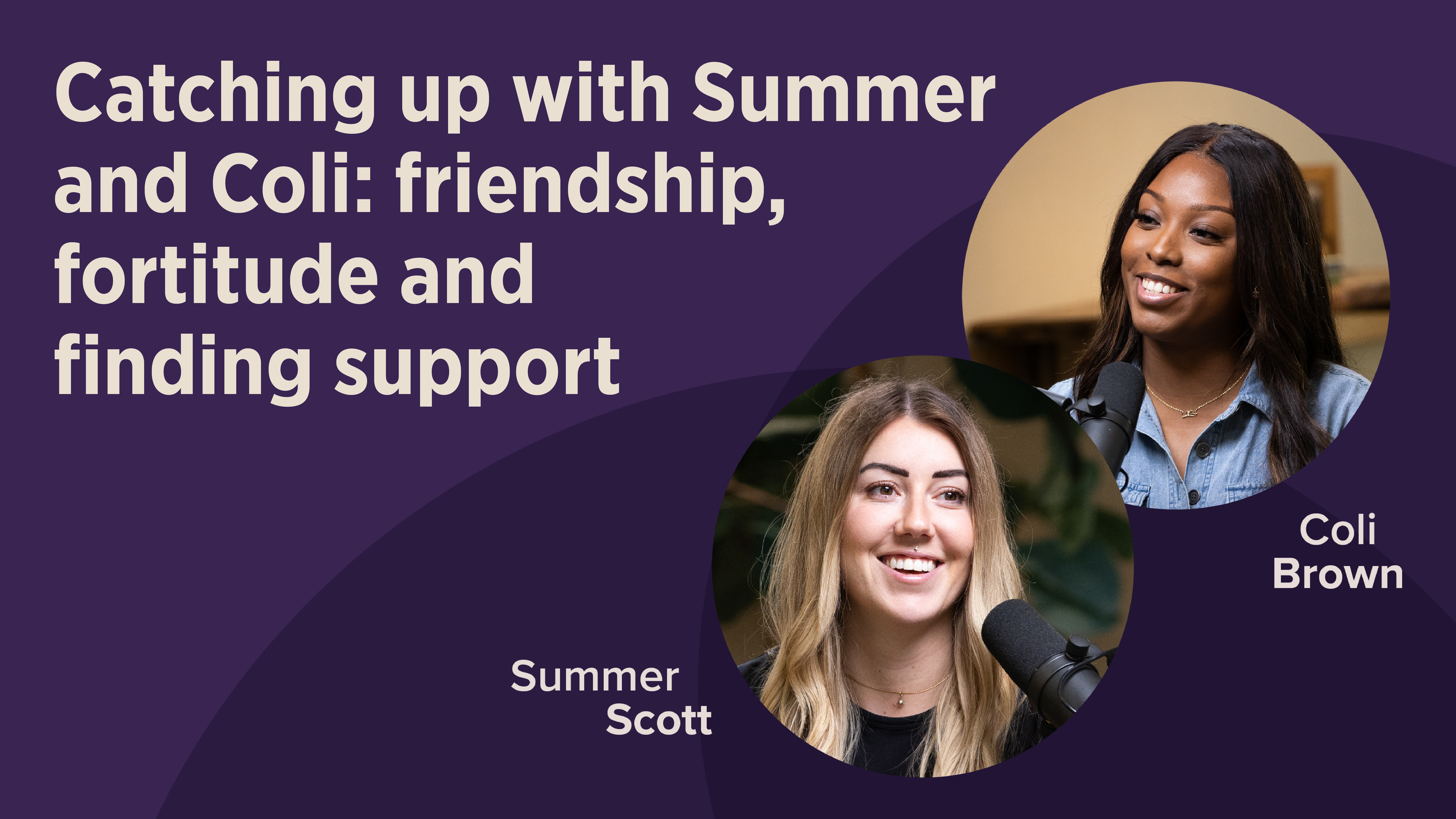Join Summer and Coli as they host candid conversations about the unique challenges of life with hereditary angioedema (HAE), including personal experiences from them and others in the community, expert insights, and practical coping strategies.
Meet the hosts
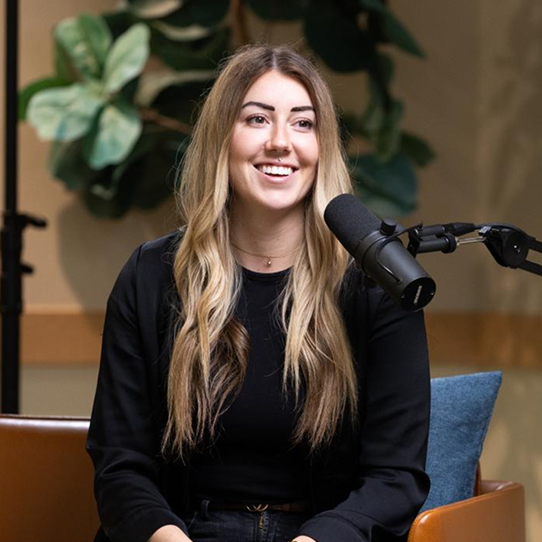
Meet Summer
Summer Scott was diagnosed with HAE at the age of 19, but hasn’t let this keep her from advancing her career as a marketer and university professor.
She’s dedicated to fostering a supportive community for others impacted by HAE, especially advocating for awareness, connection, and mental health. At home, she finds comfort in her loved ones, including 10 pets and the 180+ sanctuary farm animals she volunteers to help.
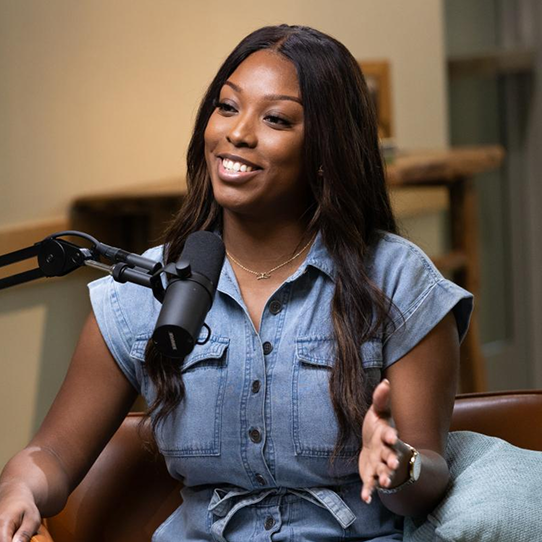
Meet Coli
Coli Brown has been living with HAE since the age of 17, after experiencing a swell on day 1 of her first job. With the support of her family and friends, she stays focused on living in the moment and finding gratitude.
She is a passionate advocate for the HAE community, prioritizing connection with others living with the disease. Professionally, Coli prioritizes allyship and works to create an environment in which everyone can bring their full selves to work each day.
Episodes:
Episode 1 | Introducing HAEVN Voices
Welcome to HAEVN Voices! Tune in as Summer and Coli share their personal journeys with HAE, including how it’s impacted their work, relationships, and daily lives but also sparked a passion for building community.
Well, we’re here.
COLI:
We are.
SUMMER:
HAEVN.
COLI:
I know. I’m excited.
SUMMER:
Yeah, me too. We should probably, you know, get into it and explain to people what this is, why we're here.
COLI:
Yeah, my name is Coli.
SUMMER:
I'm Summer. We're both patients of hereditary angioedema, and I think it's crazy to know that we're here in this spot today, being able to be in a position to talk about it and let the world know A. what hereditary angioedema is but also, you know, share experiences and allow people to know that they're not alone in this really rare disease.
COLI:
Yeah, I feel like it's a really huge milestone not only for the HAE community but for us.
SUMMER:
I definitely have had my issues with mental health throughout my process of being diagnosed with this disease. And I think that's why this is so important because it helps shed light on that side of things, as well
So, you know, to talk about the implications and people's experiences with how they were diagnosed and how it presents, that's one thing. But the mental health side, I think it's…
COLI:
It's not talked about as much.
SUMMER:
It's not, and it's so important.
It feels really lonely if you don't have a good support system.
And so, I think, you know, going through the process of grappling with that and, you know, like what therapies are available to me, how can I find a community of people that understand or who do I have to talk to? And I think there was a very long time early in my diagnosis where I didn't feel like I really had access to that.
And I had to spend a lot of time, I guess, reflecting on having this disease. What does that mean for me in my future? And am I going to let this impact me? How open am I going to be about talking about it? Am I going to tell people I have this disease?
COLI:
It's okay to be angry because accepting HAE is being angry sometimes, is grieving it, is, you know, trying to figure out how you can now bring this a part of, you know, my life. If I accept this, you know, how am I going to go forward in life with it?
SUMMER:
So, I know that our diagnosis stories are quite different. Do you maybe want to share your story a little bit?
So, my diagnosis actually came when I was like 17. And I feel like that was like in the prime, not only the prime of my life, but I feel like that was, more of a time where your personality is kind of getting formed. You know, you're really trying to learn about yourself and really get to know yourself better.
And I feel like during that time, HAE kind of formed a lot of who I am. But I actually had my first swell when I started my first job.
And I really loved my job a lot. Like, I really loved it. You know, this is the first time I had a job, this is the first time I’m making money for myself. So, I took it very serious.
And, by the end of that day, I was extremely tired. At the time, I didn't know what it was. Once I got home, I just fell into the bed, went to sleep, but I woke up with like a sharp pain in my foot.
My foot was extremely swollen. We went to the emergency room, got there, of course the doctors did know what it was. Their first idea was like let's just put you to sleep and then, you know, we're going to, like, try to figure out what's going on. So, I can still remember maybe like 4 or 5 times waking up and seeing, like, one limb, like one more limb swelling. That's how HAE introduced itself to me at 17.
What about you?
SUMMER:
I mean, my story is definitely very different than yours. I was slightly older. I was in university. Mine didn't present in the same, like, extremity swelling like yours did. Mine was very throat based, so I was actually sitting in a university classroom during a lecture. I had eaten some nuts.
And I just remember, like, I'm sitting there and my throat and my tongue are starting to swell. And I turned to the girl next to me and I'm like, “is my tongue swollen?”
COLI:
Yeah. You never had this happen before?
SUMMER:
No, never. And like, I never had any allergies or anything. So it was so bizarre. And within like minutes, like my throat and my tongue were completely swollen. So, I had to get rushed to the emergency room.
So, there was a nurse that was on duty in the emergency room and she, you know, was just finishing school. And she had read this weird little, tiny report in a textbook about this, you know, this hereditary angioedema.
And she said to the doctor, maybe try looking at this, like I don't know, like she's swelling, so maybe there's something there. It's edema.
And then the diagnosis comes in after tests. And I just remember sitting with that and being like, what just happened? Like a second ago, I thought maybe I was allergic to almonds, and I could settle with that.
But now you're telling me I have this hereditary disease and it just it shook my world completely.
I think a lot of people with the disease grapple with that, right?
And I think as patients, we go through the gambit a little bit. We have good days and bad days. And it impacts life differently each day.
COLI:
Life is meant to be lived. It's not meant to be sitting here worrying about what you have, if you can be able to sustain it the way that you can, do it. But you have so much left to live. Keep going and don't let it hinder you.
SUMMER:
And it's really hard because you come to these challenges where you need to make a decision. Do I talk openly about the fact that I have this, how it impacts my day-to-day life, my travels?
COLI:
Yeah. I had this conversation with a coworker, and we were just randomly talking. This is during a time where I didn't really tell anybody. And she was like, oh my gosh, Coli, you need to tell everybody your story is amazing. And I was like, no, I would never.
She's like, no, I really think that you need to do this. So, she tells me to tell everybody I agree to it. And this is a pinnacle in my life to where I'm in front of these people on a Teams call, of course. And I'm telling my story that I never really told anybody.
This is a lot for me. And I remember after telling that story, I hit the end button at the meeting, and I just start bawling. Like, all these emotions just start pouring out and at one point I was like, why am I crying? Another point is like, oh my gosh, I'm so sad. Another point is like, I'm so happy that I got it out.
And after that, I started getting like messages and they were like, “Oh my gosh, like this really helped me for my life,” and “I would never forget this, thank you so much for telling your story.” And at that moment, I was like, you really don't have to have HAE for you to be impacted by somebody's story. You can just be a living human being with, you know, issues in life.
We're all human. We all go through things.
SUMMER:
I think that's why, again, this is going to be really nice because we get to talk to people who are sharing the understanding of the burden of the disease, right? Whether it's medical professionals, caregivers or parents whose kids are going through this, other patients, people who are just in the industry and, you know, have different viewpoints. I think it'll be really interesting just to feel that sense of community through conversation.
This was obviously born out of a place of trying to create a safe haven for anyone in the community.
I'm super excited to have other perspectives on the show. Obviously, you and I, we could talk for hours about it.
COLI:
I feel like this safe haven that we kind of have right now. I feel like this is a really nice, safe space that we have, so I’m really feeling the effects of that. So just imagine, you know, what everybody else would or will feel when they were able to hear this. So I'm loving it already. HAEVN.

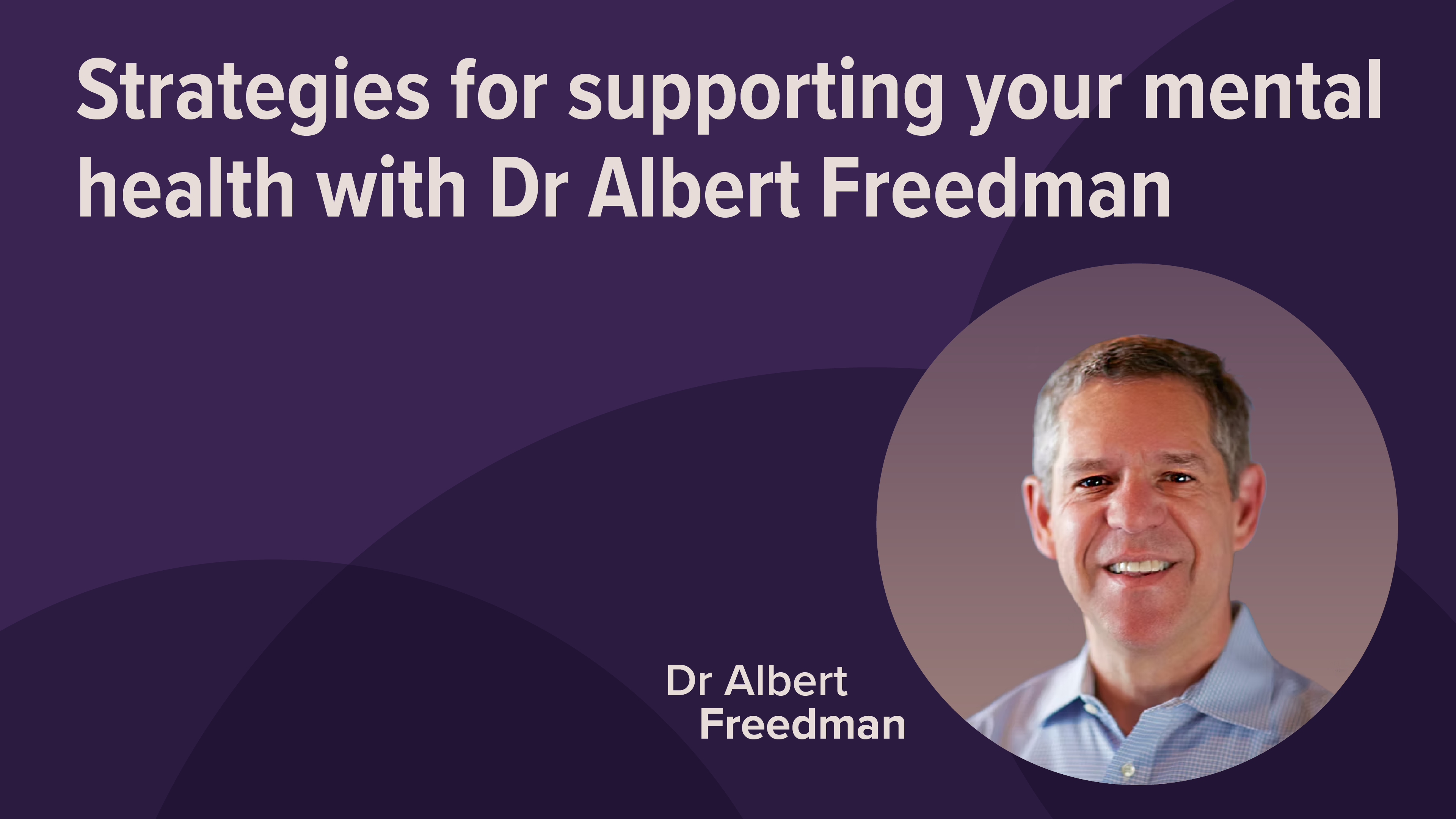
Episode 2:
Strategies for supporting mental health with Dr Albert
Summer and Coli are joined by Dr Albert Freedman, a psychologist specializing in rare diseases. Dr Freedman speaks about the holistic impact of HAE and provides practical advice for supporting mental health and emotional well-being.

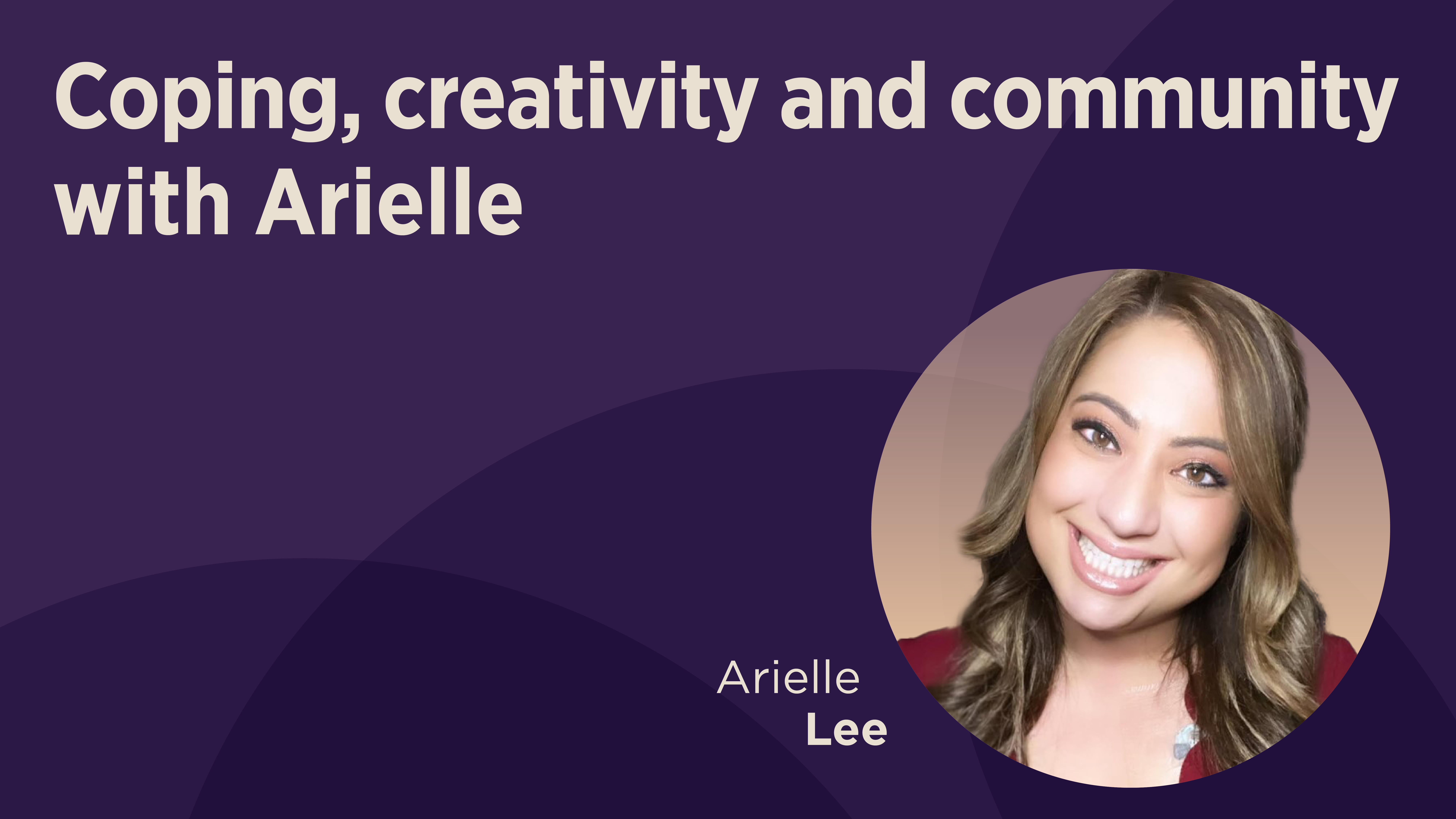
Episode 3:
Coping, creativity, and community with Arielle
Episode 3 features a conversation between 2 HAE patients (Summer and Coli), and Arielle, a registered nurse who also lives with HAE.
Stay updated
Receive email updates about new HAEVN Voices content, along with resources to help support daily life, tips from the community, and more.
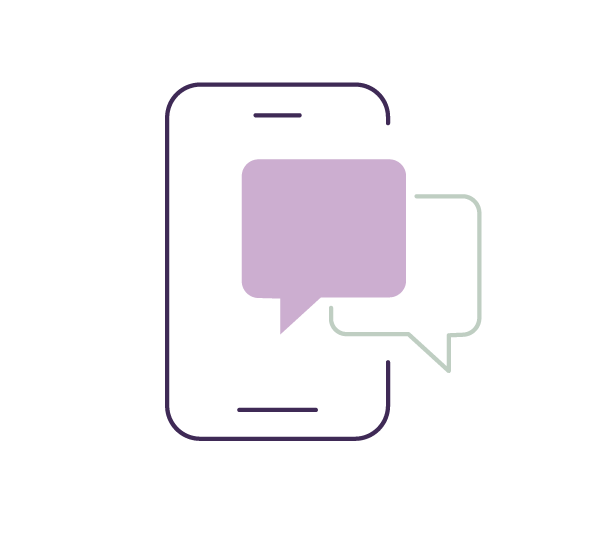
Have an idea for an episode?
If you have a topic you’d like HAEVN Voices to cover, or even want to join us as a guest, submit your ideas! This is your HAE community and your voice matters.
